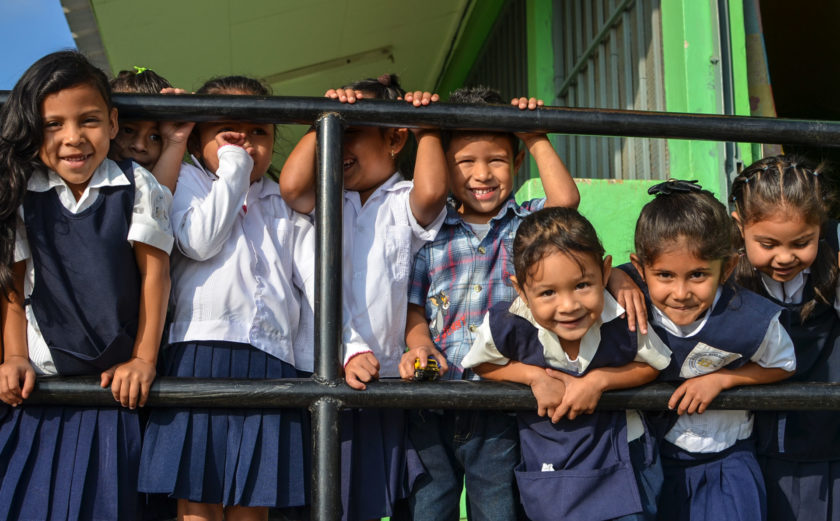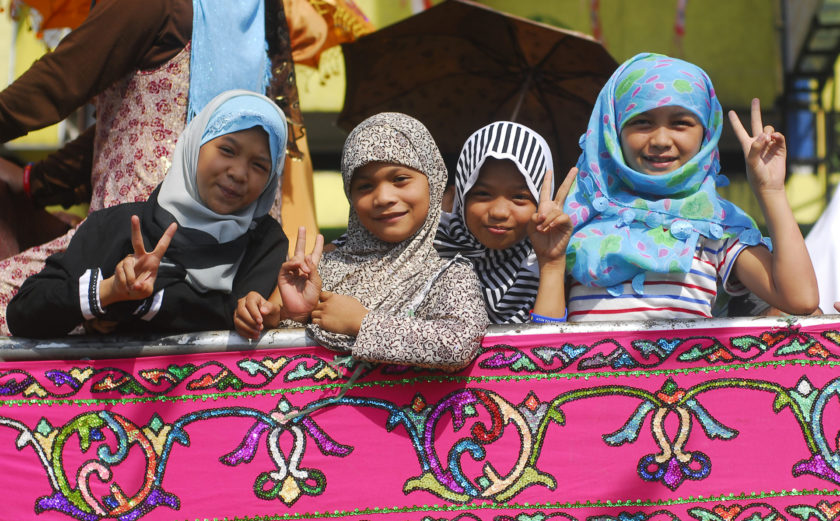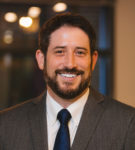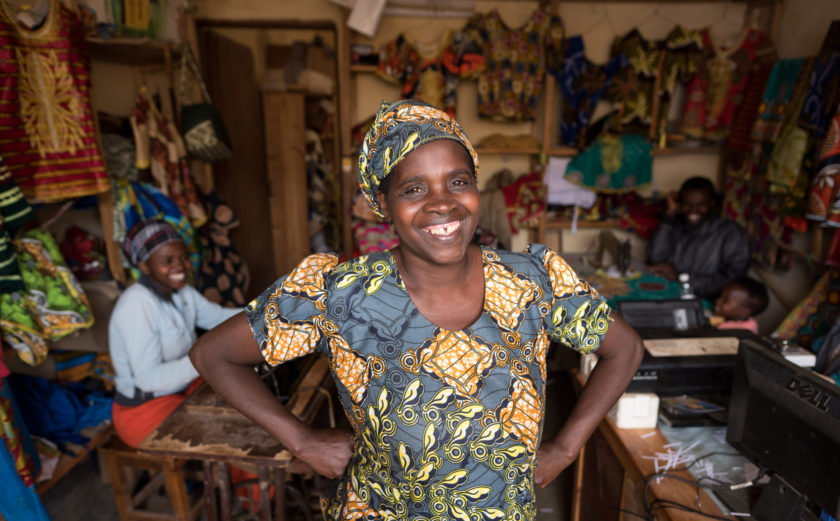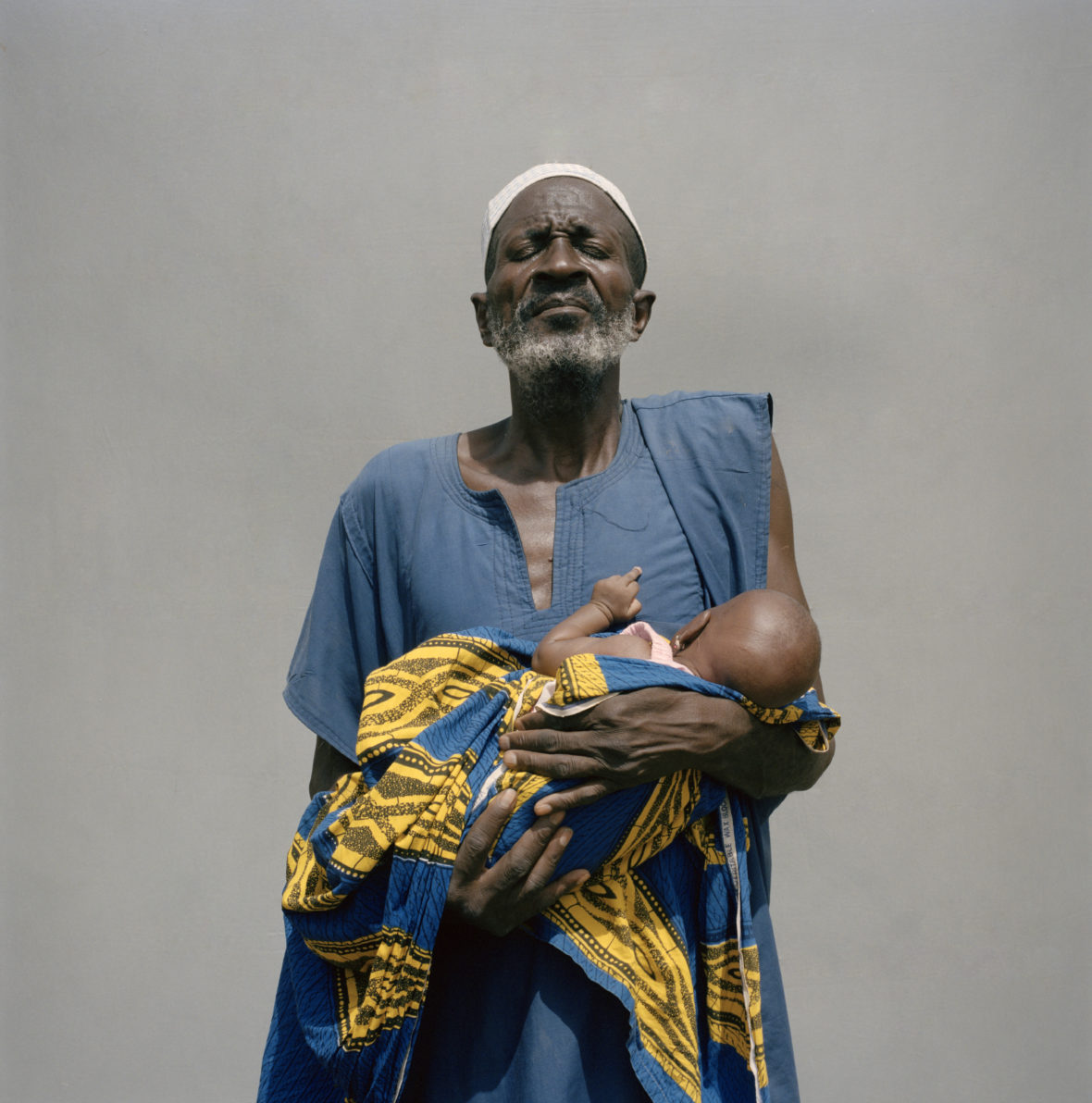
Niger: Four faces of hope
In Niger, millions are battling two powerful and invisible enemies: hunger and poverty. We bring you four faces of the crisis in Niger.
Niger consistently ranks as one of the world’s poorest countries, despite enjoying relative peace. But why? Niger’s struggle with poverty is a complex issue, but can be boiled down to a number of factors. Its population is the fastest growing in the world, which puts pressure and and strain on food production and social services. The country is also incredible vulnerable to climate shocks. Drought has caused harvests to fail, triggering food crises that make it hard for already struggling families and communities to catch up. In the past decade, drought has twice caused major levels of food insecurity, forcing families to leave their homes in search of arable land, and shuttered schools.
It comes as no surprise then that Niger also suffers from high levels of hunger: about 20% of the population doesn’t have enough food, and more than 40% of children under five are chronically malnourished. On top of it all, Niger is also home to hundreds of thousands of refugees fleeing conflict in Nigeria, Mali and Libya. This only exacerbates the problem, increasing hunger in areas already desperate for food.
Despite all these problems, not all news from Niger is bad news. We bring you four stories of hope that show just how communities around Niger are looking forward to a brighter, and more resilient future.
SALIFOU AHMENT
Thanks to recurring drought, grass in Kossoma, Niger can become difficult to find. Farmers like Salifou Ahment would struggle to feed their livestock during the dry season, forcing them to travel miles away to buy food for the animals — at a high price.
“When there are food shortages we just rely on what little is available,” Ahment explained. “At these times the food at the market is too expensive and we have to reduce what we eat.”
For people like Salifou, just one bad harvest can knock a family further back into poverty.
“It’s not easy to recover from bad year,” Ahment says, thinking about all the droughts he has lived through. “The effects of a bad year can last a long time — longer than a year.”
But Concern has now established an animal feed bank so that Salifou Ahment and other farmers in his village have access to food year-round, and at a fair and affordable price. Even better? The bank is only a short walk away.
HADIJATOU CHEIHOU
In Gao Moussa, a village near the city of Tahoua, extreme poverty was rampant. The region has been hard hit by drought, impacting the extremely vulnerable communities that live here. During the “hungry months” of June to October, the people of Gao Moussa struggled to feed their families.
“People here rely on agriculture, and sometimes you can’t produce enough food,” says Hadijatou Cheihou. “There are always people in the community who don’t have enough food.”
But in 2013, Concern started a project teaching 30 women how to extract oil from groundnuts — a new crop to the area. The women sell the oil at market, and with the remaining paste from grinding the groundnuts, they make a snack called ‘Kuli Kuli’, which they also sell.
“Before the project started, we didn’t have any way to earn a living beyond making some millet or bean cakes,” says Cheihou, one of the project’s original members. “But that wasn’t very profitable.”
Now, people travel as much as 30 miles to buy the valuable groundnut oil, and the project has made a huge difference for the whole community.
“It has been a great change for us,” Cheihou explained. “The profit we make is used to buy more stock, and to help with activities in the community.”
BALKISSA MATSALLABI
In the village of Toudouni, Balkissa and her husband struggle to feed their children. The mother of six says that it has been hard ever since security concerns have prevented her husband from traveling to Ivory Coast for work.
“We grow millet, beans and sorghum. We just grow what we can,” Balkissa explains.
The difficulties the family faces have taken a toll on Malika, Balkissa’s youngest daughter. The six-month old grew sick and became malnourished. Matsallabi took her daughter to the nearby health clinic, supported by Concern. “I was worried we would be referred to Tahoua [around one hour drive away],” Matsallabi recalls. “Who would look after my children and the home if I had to take her there?”
But at the health center Malika was able to get the treatment she needed, without traveling far. “We were given plumpynut and soon she started to improve,” Matsallabi says. “She received treatment for a bit less than three months.”
Now, Malkissa has recovered and the family looks forward to the crops they will be able to harvest in a few months.
ABDOURAHIMOUNE ADAMOU
Farmer Abdourahimoune Adamou works 60 hours a week in the field, tilling and planting seeds in the hopes of a bountiful harvest. For years, the 43-year old father of three struggled in the face of recurring drought, like so many other farmers in the region.
But then three years ago, Abdourahimoune received improved seeds that require less water, making them ideal for planting in a country that is frequently affected by climate shocks.
“The production has been completely different,” Adamou says. “In Niger we don’t always have enough rain, so with these seeds there is a high probability that they will get ripe in time. The seeds are more productive, so we produce more.”
But Abdourahimoune didn’t only receive seeds. Concern also trained him and other farmers on pest control and better farming technique to produce greater yields in this climate.
“We were taught so much,” Abdourahimoune explains. “The harvest is now bigger than before. What we produce is now more than double what we had before.”
Adamou gesture to a nearby field. “Look at my farm and compare it to the others — there is almost nothing growing there — this is the difference.”
This blog post was originally published at www.concernusa.org
